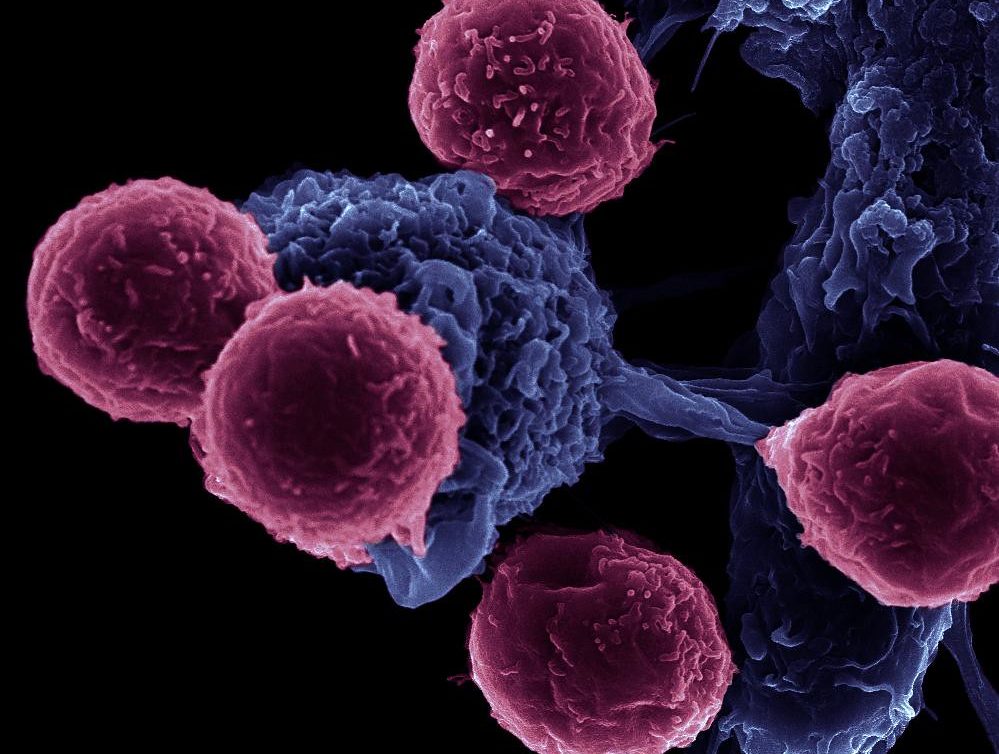Researchers at Kobe University discovered an entirely new and unexpected mechanism by which the immune system can get rid of cells lacking molecules that identify them as part of the self in mice.
The cells in our body display several molecules on their surface that identify them as “self” to immune cells. One of these self-identifying molecules is CD47. It was known that if T cells lack CD47, they would be efficiently eliminated by other immune cells. However, various experiments with mice lacking CD47 failed to produce an indication of the molecular mechanism or which cells were responsible for the elimination. The researchers discovered that dendritic cells are responsible for eliminating CD47-deficient cells.
The study, “CD47 promotes peripheral T cell survival by preventing dendritic cell-mediated necroptosis” published in PNAS, has possible implications for cancer treatment.
The research group of associate professor Yasuyuki Saito, MD, PhD, postdoctoral fellow Satomi Komori, PhD, and specially appointed professor Takashi Matozaki at Kobe University, that has been working on the molecular interaction between dendritic cells and T cells and in particular on the role of CD47 in that process, tried a novel approach. Saito explained: “We generated genetically modified mice in which only T cells lack CD47. This is quite different from the conventional approach with mice that systematically lack CD47 on all cells.” This new approach enabled them to isolate the role of CD47 on T cells from other factors that might influence the interaction.
The study sheds light on the mechanism behind the disappearance of CD47-deficient T cells, and it also reveals a completely unexpected capability of dendritic cells. “This result is totally novel because it was believed that CD47-deficient cells are engulfed by a type of immune cells called ‘macrophages’ and that dendritic cells never induce cell death in other immune cells,” said Saito. The team thus found an entirely new way in which the body identifies missing-self cells, that is, cells lacking CD47 being killed directly by dendritic cells.
“Our results raise the question: do dendritic cells induce cell death in other cells that lack CD47? This question is so important because this novel mechanism can be applied to the induction of cell death by modification of CD47 on target cells, such as cancer cells.”
The researchers are looking into further research projects to clarify these questions and also to better understand the mechanism behind this newly-discovered capability of dendritic cells. They have also started work to verify the potential of treating cancer based on this novel finding.



